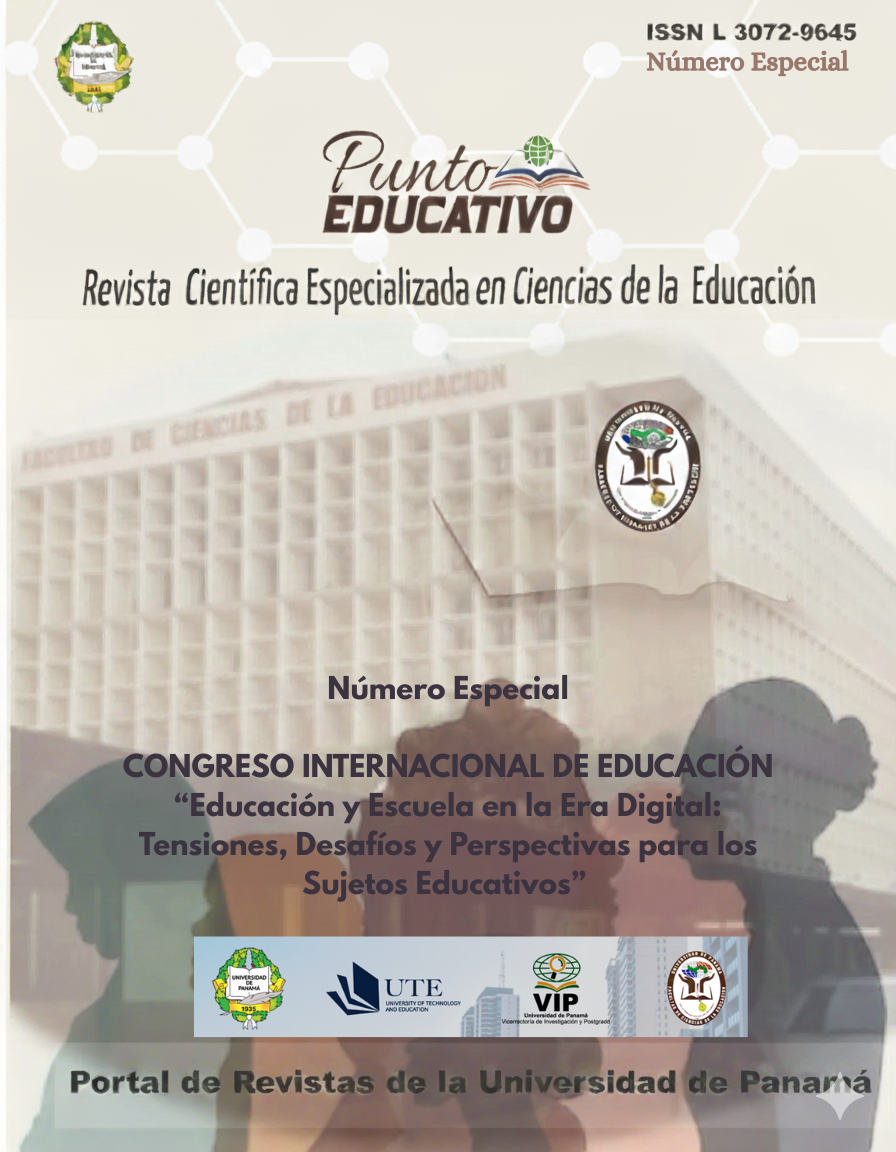

Copyright (c) 2025 Punto educativo

This work is licensed under a Creative Commons Attribution-NonCommercial-ShareAlike 4.0 International License.
In order to characterize intercultural didactics, see how it has been understood and from what perspective it would be necessary to approach it as a category of analysis in a doctoral research that aims to generate ethno-educational strategies from intercultural didactics for primary education based on traditional Wayuu games in students from the department of La Guajira, Colombia. A study was developed with a qualitative approach and documentary methodology, in which a variety of positions and qualities were found that open the complexity of said category. In the interpretation of the existing contributions in the academic literature, the fact that the possibilities of developing intercultural didactics are marked by the development of research emerges as a quality that brings together these different perspectives, or more precisely that it is an indispensable requirement that the teacher be an active researcher, who transcends the role of user of knowledge to become a producer and co-producer of this, making evident the importance of research in the construction of intercultural didactics. The critical review of the qualities that different authors have attributed to intercultural didactics allows us to argue from our own interpretation the common thread, that in the current circumstances it is the teacher who can take the transcendental step to break structures and make the new didactics emerge, the other one, the intercultural one that overcomes the coloniality of knowledge and being.